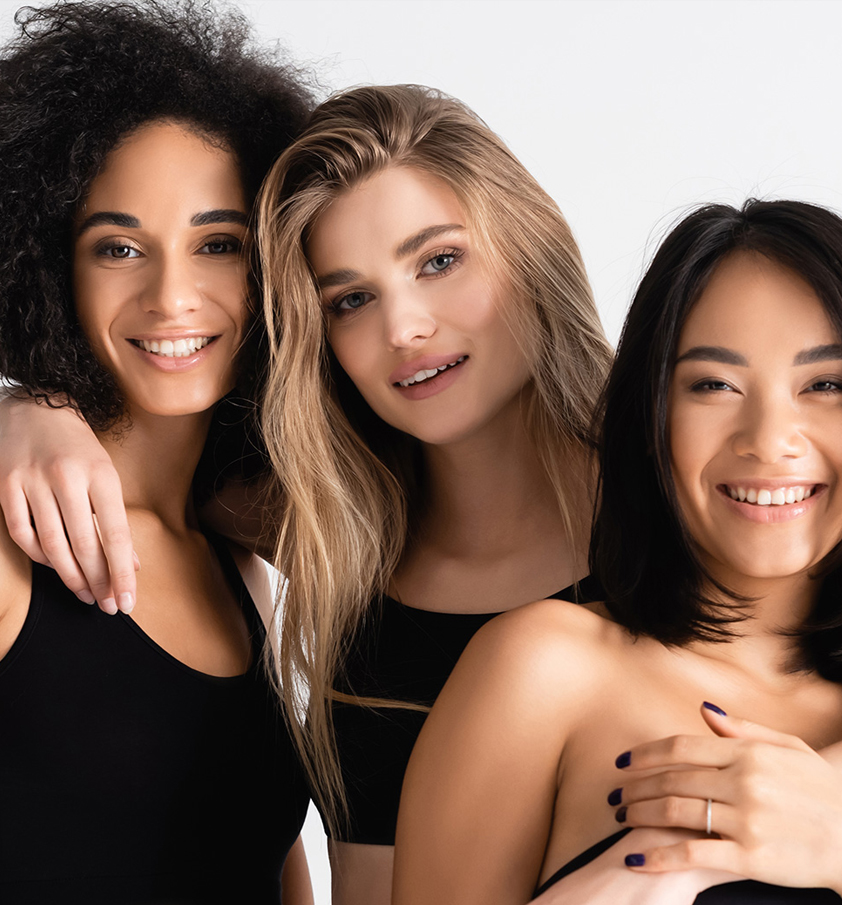Frequently Asked Questions


Frequently Asked Questions
Q: Are cosmetic procedures safe?
A: Yes, when performed by qualified and experienced professionals, cosmetic procedures are generally safe. It's crucial to choose a licensed practitioner and follow pre- and post-treatment guidelines to ensure optimal safety and results.
Q: How does acupuncture work?
A: Traditional Chinese medicine believes that acupuncture works by balancing the flow of energy or Qi along meridians in the body. From a Western perspective, acupuncture may stimulate nerves, muscles, and connective tissue, triggering the body's natural painkillers and promoting blood flow. The exact mechanisms are still being studied.
Q: What is non-surgical weight loss?
A: Non-surgical weight loss refers to methods of reducing body weight and managing obesity without the need for surgical intervention. These approaches typically involve lifestyle changes, dietary modifications, physical activity, behavioral therapy, and, in some cases, the use of medications or other non-invasive medical interventions.
Q: How effective are non-surgical vein treatments?
A: Non-surgical vein treatments are generally effective in reducing the appearance and symptoms of varicose veins and spider veins. Sclerotherapy, laser therapy, and radiofrequency ablation can provide significant improvement, but the success of treatment may vary depending on the size and severity of the veins, as well as individual factors.
Q: What is IV infusion therapy?
A: IV infusion therapy involves the administration of fluids, medications, or nutrients directly into the bloodstream through a vein. This method allows for a rapid and efficient delivery of substances that may not be as effective if taken orally.
Q: What are common applications of laser treatments?
A: Laser treatments are commonly used for cosmetic purposes, including skin rejuvenation, removal of unwanted hair, treatment of acne scars, and reduction of pigmented lesions like age spots or freckles. The specific type of laser and wavelength used depend on the intended purpose, and these procedures are often performed by trained dermatologists or cosmetic surgeons.
